In the context of humanity facing unprecedented challenges of climate change, environmental degradation and development crisis, green transformation has become an inevitable trend globally. This is not only a technical solution to reduce greenhouse gas emissions or promote renewable energy, but also a comprehensive development strategy, associated with fundamental changes in economic models, social structures and cultural value systems.
International practice shows that where culture is valued as a soft driving force, the green transition takes place quickly, sustainably and spreads widely in the community.
For Vietnam, a country that is both striving for industrialization and modernization and is strongly affected by climate change, green transformation is not only a choice but also a development imperative. In that process, culture needs to be seen not only as the spiritual foundation of society, but also as the glue, the driving force shaping lifestyle, behavior, consumption habits, and more, as a resource to promote green innovation. Ho Chi Minh's thoughts on a simple, frugal lifestyle, in harmony with nature, and the traditional cultural values of the nation show that Vietnamese culture has favorable factors to accompany sustainable development.
In the digital age, where science and technology are opening up new horizons, culture plays an increasingly guiding role. It is culture that helps us choose, behave and exploit technology in a humane way, consistent with the goal of protecting the environment and maintaining natural balance. Research on the relationship between culture, science - technology and green transformation is not only of theoretical significance but also has profound practical value in policy making and organizing actions for sustainable development.
If science and technology are considered the “hard engine” of green transformation, culture is the “soft driver” that ensures the process is sustainable. Green transformation cannot rely solely on technology or economic goals, but must permeate deeply into human behavior, lifestyle and habits. Culture, with its power to shape values and norms, becomes the decisive factor for the long-term success of sustainable development.
Ho Chi Minh's ideology has early suggested a direction for a green lifestyle, considering thrift as a moral quality, simplicity as a manifestation of personality and harmony with nature as a civilized way of life. Vietnamese cultural traditions rich in community spirit, humanity, and respect for the living environment are the foundation for forming and spreading a sustainable lifestyle in modern society.
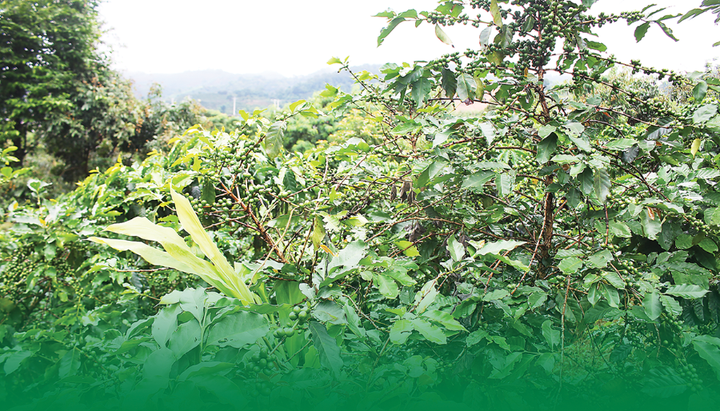
Ecological coffee garden at Phuc Sinh Son La Joint Stock Company.
Practices in Vietnam show encouraging first steps: From the campaign “Say no to plastic bags”, “Green Sunday”, the movement “Green – Clean – Beautiful School” to recycling start-up initiatives and the “green city” model. Hanoi implements waste sorting at source, develops ecological parks, expands public transport; Quang Ninh builds Ha Long eco-tourism, both preserving nature and promoting local cultural values.
Many countries have also demonstrated the pioneering role of culture in green transformation. Japan, with its philosophy of “mottainai” – no waste – has created the world’s most efficient recycling society. Nordic countries have developed a minimalist philosophy of living, valuing the spiritual over the material, in line with the goal of sustainable development. These experiences affirm that to have a green economy, one must first build a green culture. When culture becomes a foundation, people will voluntarily change their consumption habits and social behavior, creating profound and sustainable transformation.
In the green transformation process, science and technology are powerful tools, but when combined with culture, they also open up new dimensions, creating and spreading green culture. Digital technology helps preserve and promote cultural values in an environmentally friendly way, such as digitizing heritage, creating virtual museums, and helping reduce pressure on resource exploitation. In Vietnam, the digitization of Nguyen Dynasty Woodblocks and Royal Records is a typical example of preserving historical memories without increasing ecological footprint.
Technology is also a platform for communication and education about green lifestyle. Artificial intelligence, big data or Internet of Things can turn environmental data into creative cultural products, spreading the message of protecting the earth. Many digital art projects in the world have turned emission index into artistic images, creating emotions and urging action. When illuminated by cultural values, technology becomes a means of spreading humanity, orienting economical consumption and sustainable creativity.
The combination of technology and culture also creates a model of green innovation. Many cities around the world have developed festivals, museums, theaters and creative districts using renewable energy. In Vietnam, Hanoi, a UNESCO-recognized creative city, is organizing public art and design weeks with environmental themes, showing how the combination of culture and technology can absolutely become a driving force for green development.
Green cultural industry, the combination of creativity, art and sustainable development is becoming a strategic direction. Green fashion, green cinema, green cultural tourism not only bring economic benefits but also spread the value of environmental protection. Many Vietnamese designers have experimented with recycled materials and natural dyes, contributing to shaping sustainable consumption trends. Meanwhile, art, cinema and music products on environmental themes are strongly inspiring, contributing to shaping social awareness.
Green cultural industries can become a key economic sector if supported by appropriate policies. Vietnam has set a target of cultural industries contributing 7% of GDP by 2030. To achieve this, it is necessary to add “green” criteria to planning, encourage creativity associated with the circular economy and build a national brand associated with sustainable development.
For culture to truly become a soft driver of green transformation, public policy needs to be institutionalized and synchronous. Regulations on green culture and green cultural industry need to be added to the laws on heritage, cultural industry and environment, ensuring human rights in a clean environment. In addition, there needs to be tax incentives, green credits and innovation support funds to encourage green cultural startups.
The development of a “green culture” index to measure the contribution of culture to sustainable development is an urgent requirement. This index can reflect the rate of environmentally friendly cultural products, cultural events using renewable energy and the level of community participation in the green culture movement. Along with that, the State needs to promote public-private-community cooperation, mobilize social resources, train green culture management teams, and combine interdisciplinary knowledge of culture, environment and technology.
Green transformation is not only a technical and economic program, but more deeply, a cultural revolution. It is culture, with its ability to shape values, norms and lifestyles, that ensures that green policies, technologies or economic models come into life. For Vietnam, the path of green transformation is closely linked to a specific cultural choice, built on the foundation of Ho Chi Minh's ideology and the tradition of the national community.
When culture is placed at the center, green transformation is no longer an administrative order but becomes an intrinsic social need, nurtured by people's beliefs and aspirations. Culture is the bridge connecting people with nature in the new era of development, both a spiritual foundation, a soft driving force, and the ultimate goal of sustainable development.
Putting culture at the center of the green transformation strategy will help Vietnam not only protect the living environment, but also affirm its national identity, spread soft power and national position in the international arena. Culture not only accompanies but also leads the green transformation, paving the way for a green, creative and sustainable Vietnam in the 21st century.
Source: https://mst.gov.vn/van-hoa-nhu-dong-luc-mem-trong-chuyen-doi-xanh-xay-dung-loi-song-ben-vung-va-cong-nghiep-van-hoa-xanh-o-viet-nam-197251026143255845.htm


![[Photo] General Secretary To Lam received the delegation attending the international conference on Vietnam studies](https://vphoto.vietnam.vn/thumb/1200x675/vietnam/resource/IMAGE/2025/10/26/1761456527874_a1-bnd-5260-7947-jpg.webp)
![[Photo] Enjoy the Liuyang Fireworks Festival in Hunan, China](https://vphoto.vietnam.vn/thumb/1200x675/vietnam/resource/IMAGE/2025/10/26/1761463428882_ndo_br_02-1-my-1-jpg.webp)

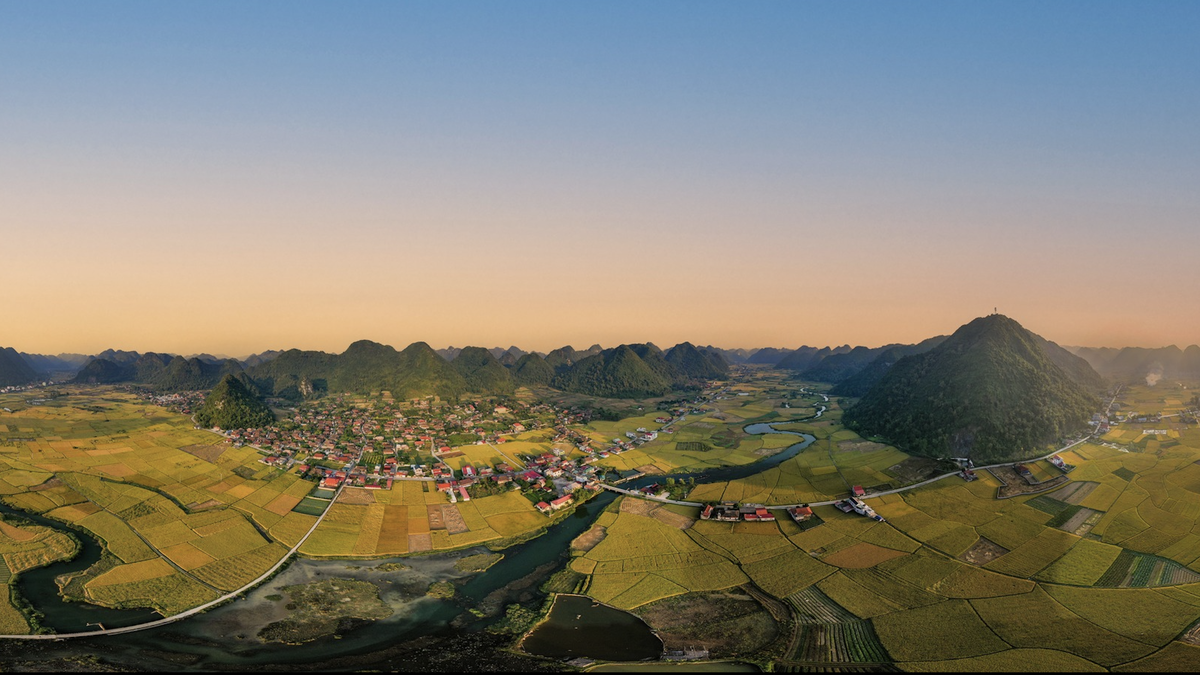
![[Photo] Nhan Dan Newspaper displays and solicits comments on the Draft Documents of the 14th National Party Congress](https://vphoto.vietnam.vn/thumb/1200x675/vietnam/resource/IMAGE/2025/10/26/1761470328996_ndo_br_bao-long-171-8916-jpg.webp)

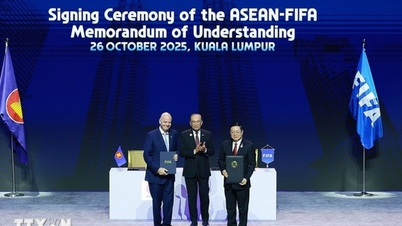

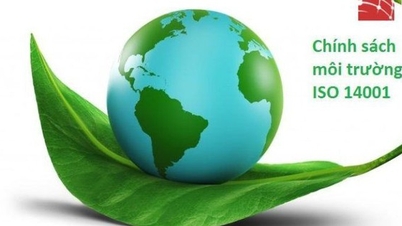

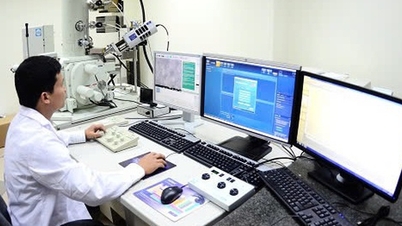
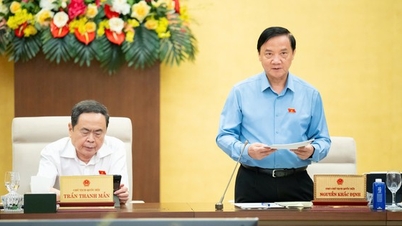
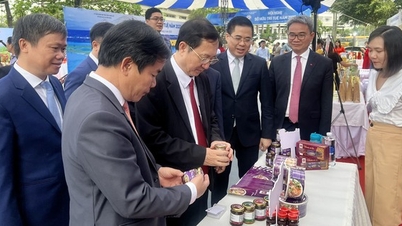




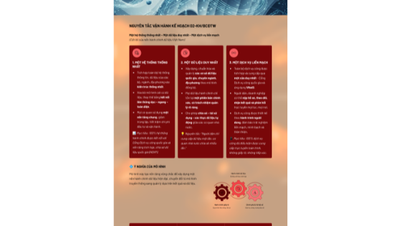
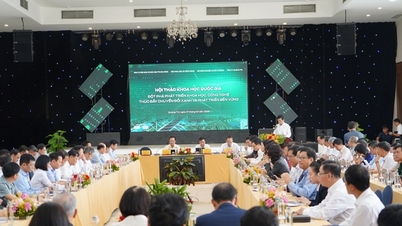
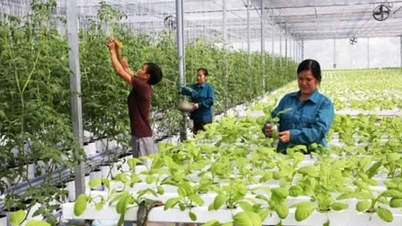
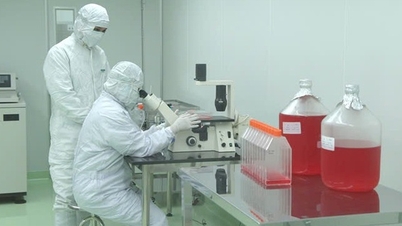
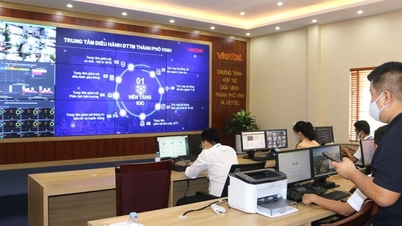
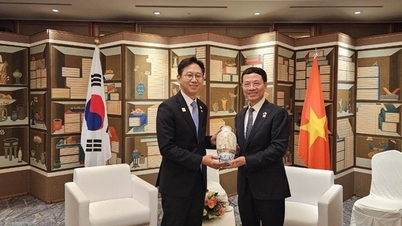
![[Photo] Prime Minister Pham Minh Chinh attends the opening of the 47th ASEAN Summit](https://vphoto.vietnam.vn/thumb/1200x675/vietnam/resource/IMAGE/2025/10/26/1761452925332_c2a-jpg.webp)





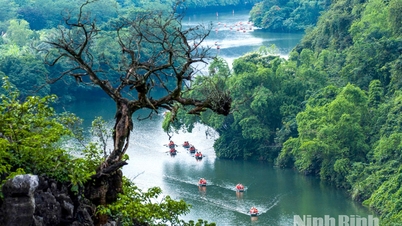































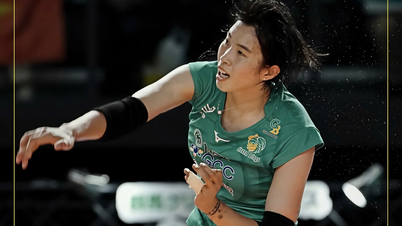


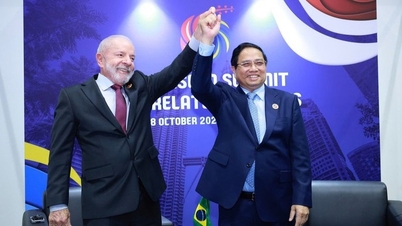
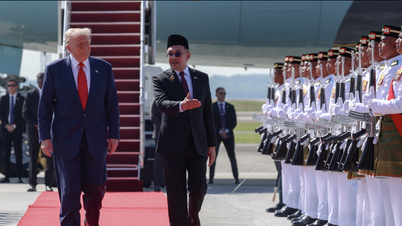

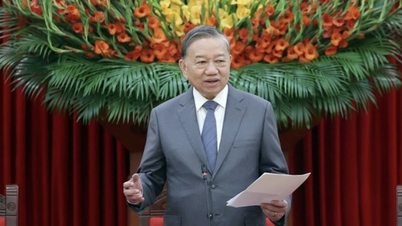

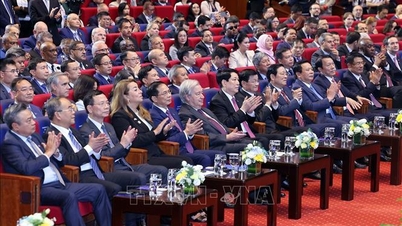

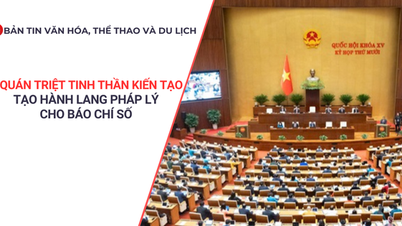
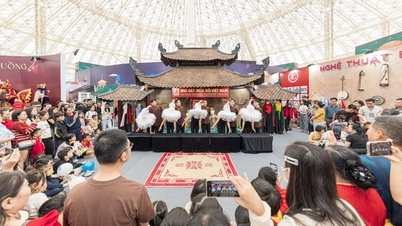


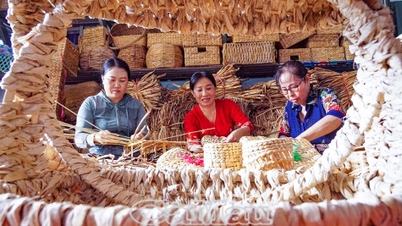
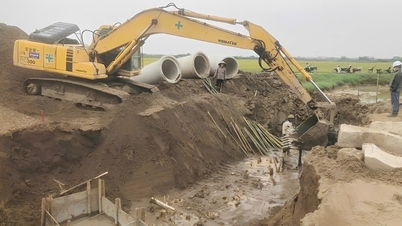



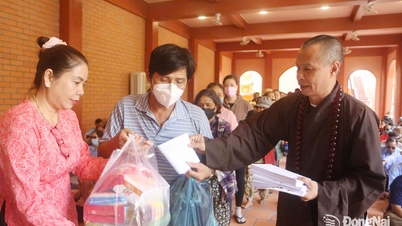
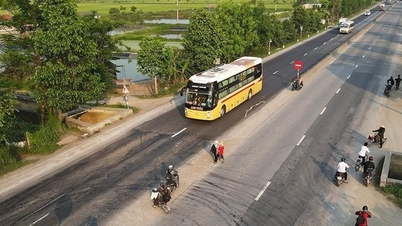














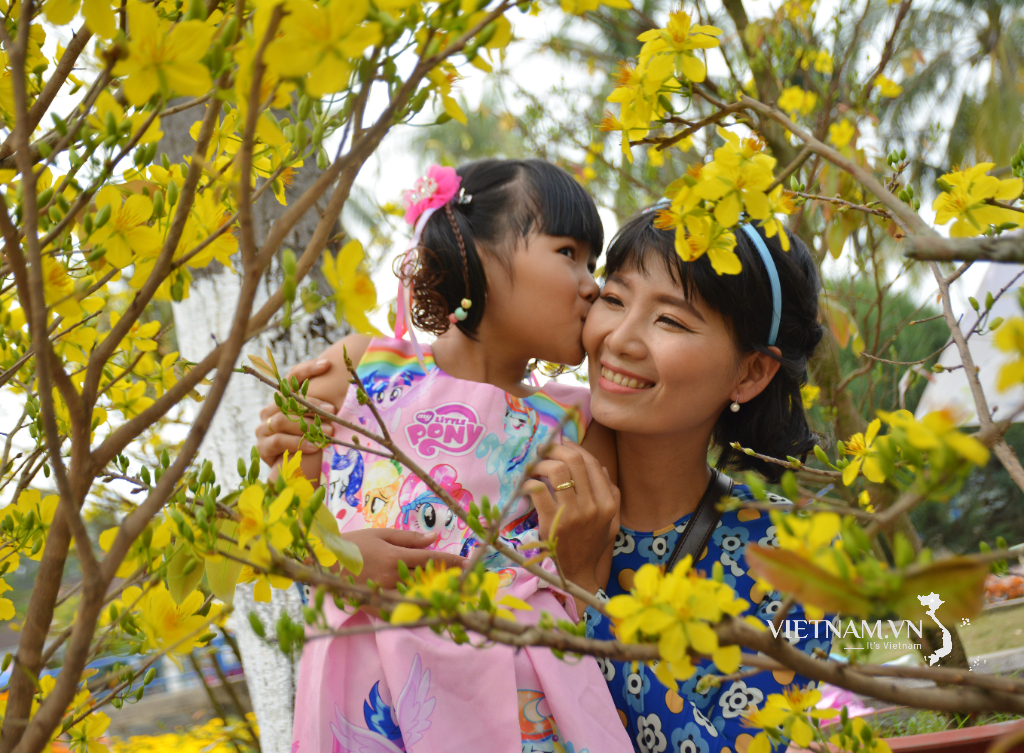
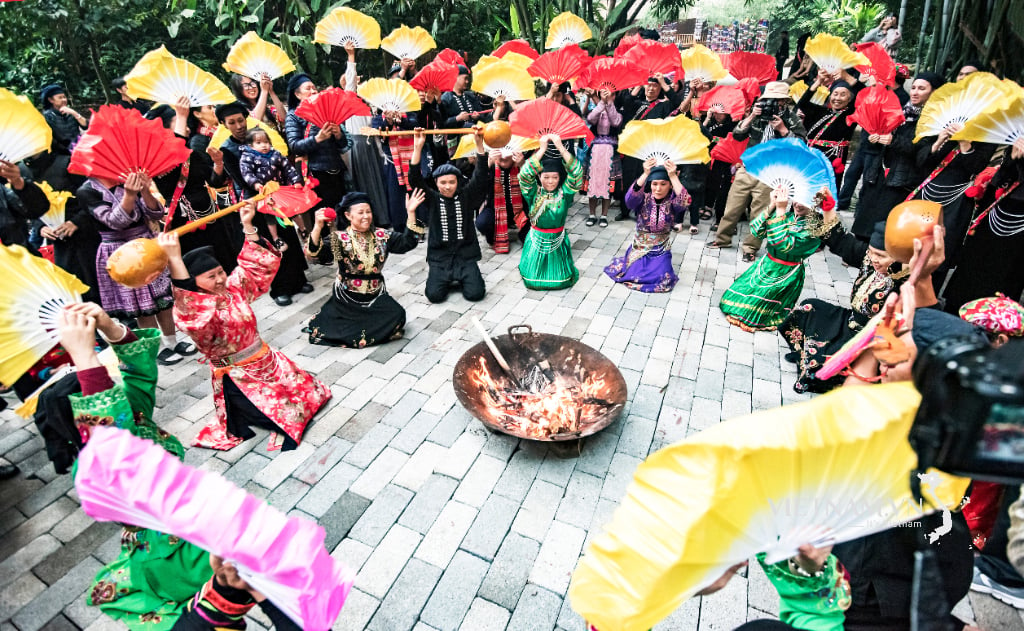

Comment (0)